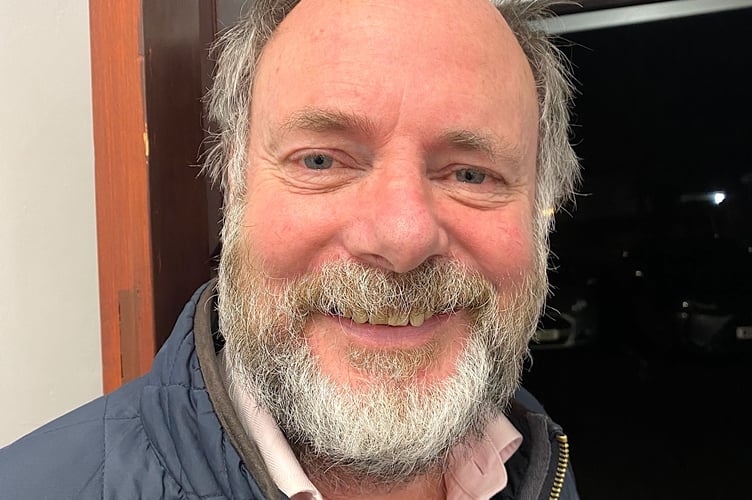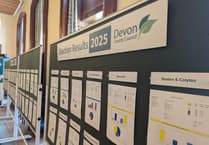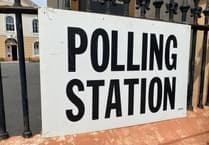Fixing Devon’s roads is the public’s “number one priority” and not tackling the housing crisis, according to Devon County Council (DCC).
DCC said the decision to prioritise the county’s roads rather than the shortage of affordable homes was in response to public feedback.
In a statement, it said: “We are prioritising tackling the problems with our highway and transport networks. This is based on feedback from our communities that fixing the roads is their number one priority.”
The comments come in the wake of a dispute between DCC and South Hams District Council (SHDC) over how best to spend the additional revenue from the council tax on second homes.
From next April, second home owners in Devon will be charged double, and with 4,022 such properties in the South Hams, SHDC could raise about £6.48 million - reportedly the biggest amount in the county.
DCC can expect to collect about £15 million a year from all district councils, including North Devon Council and East Devon Council, with SHDC ultimately receiving a share amounting to about £750,000.
But while SHDC councillors want to ring-fence the money for housing in the area, which has the worst affordability ratio in the South West, there are now fears DCC will not spend any of the money on building affordable homes.
Speaking on the BBC, DCC leader James McInnes said: “Some district council leaders are saying that we're going to solve the housing crisis in Devon by doubling second homes’ council tax. You're not going to do that - it's far bigger than that.”
At a recent council meeting in Kingsbridge, SHDC leader Julian Brazil said: “We are very, very disappointed with that. What they are saying is they're going to put it into potholes, (but) mending potholes is more of a sticking plaster.”

He argued that the extra cash would not solve the parlous state of Devon’s roads, adding that DCC would be “throwing good money after bad” as it was a systemic problem.
In April, DCC received an additional £6.66 million for highway maintenance following the cancellation of the northern leg of HS2 high-speed rail line.
But according to DCC’s own estimates, at least £167 million will be needed to repair all of Devon’s roads.
The final decision on the additional tax will probably not be known until early next year, when DCC’s budget is due.
In the meantime, both councils recognise that many homeowners could be exploiting a loophole in the law which allows them to register their second dwelling as a business to avoid paying council tax.
In the South Hams, about 1,900 properties have switched to business rates, according to Cllr Brazil.
A business-rated property must be on the rental market 140 days a year, and the owner must prove with receipts that it was let out commercially for 70 days.
DCC acknowledged the potential problem, saying the total amount of additional revenue was “uncertain” as second homeowners “have options” to sell or change the status of their property.




Comments
This article has no comments yet. Be the first to leave a comment.